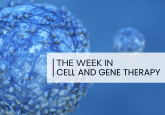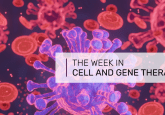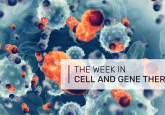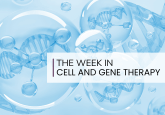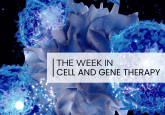Cell therapy weekly: Krabbe disease gene therapy receives Innovation Passport
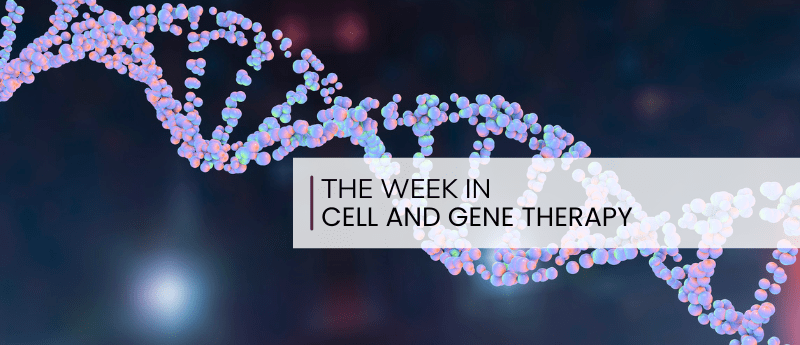
This week: The US Food and Drug Administration (FDA; MD, USA) approved the first gene therapy for early-onset metachromatic leukodystrophy and granted accelerated approval to the first CAR-T cell therapy for relapsed or refractory chronic lymphocytic leukemia or small lymphocytic lymphoma. Plus, the UK Medicines and Healthcare Products Regulatory Agency has granted Innovation Passport designation to an AAV gene therapy program for Krabbe disease.
The news highlights:
- FDA approves first gene therapy for children with metachromatic leukodystrophy
- Breyanzi receives accelerated approval from the FDA
- Gene therapy for Krabbe disease receives Innovation Passport designation
FDA approves first gene therapy for children with metachromatic leukodystrophy
The FDA has approved Orchard Therapeutics’ (Hiratsuka, Japan) gene therapy Lenmeldy™ for the treatment of early-onset metachromatic leukodystrophy (MLD). MLD is a rare, fatal genetic disorder where a mutation in the gene encoding the arylsulfatase A enzyme results in a damaging buildup of sulfatides in cells, particularly in the brain, spinal cord and peripheral nerves.
“The FDA approval of Lenmeldy opens up tremendous new possibilities for children in the US with early-onset MLD who previously had no treatment options beyond supportive and end-of-life care,” said Bobby Gaspar, co-founder and CEO of Orchard Therapeutics.
Breyanzi receives accelerated approval from the FDA
Bristol Myers Squibb’s (NY, USA) CAR-T cell therapy, Breyanzi®, has been granted accelerated approval by the US FDA for adult patients with relapsed or refractory chronic lymphocytic leukemia (CLL) or small lymphocytic lymphoma (SLL). To be eligible for this treatment, a patient must have already received at least two prior lines of therapy, including a Bruton tyrosine kinase inhibitor and a B-cell lymphoma 2 inhibitor.
Breyanzi is the first and only approved CAR-T cell therapy for this indication.
Bryan Campbell, senior vice president and Head of Commercial, Cell Therapy, Bristol Myers Squibb, stated: “For years, attempts to bring other CAR-T cell therapies to patients with relapsed or refractory CLL or SLL met challenges and found little success. With the approval of Breyanzi as the first CAR T for relapsed or refractory CLL or SLL, we are now able to offer these patients a personalized option, while further expanding access across the broadest array of B-cell malignancies, to address this critical unmet need.”
Gene therapy for Krabbe disease receives Innovation Passport designation
The UK Medicines and Healthcare Products Regulatory Agency has granted Innovation Passport designation to Forge Biologics’ (OH, USA) AAV gene therapy program, FBX-101. This designation allows entry to the Innovative Licensing and Access pathway, which aims to accelerate time to market for innovative treatments.
FBX-101 is a novel AAV gene therapy for the treatment of Krabbe disease, a rare neurodegenerative disease caused by autosomal recessive mutations in the galactocerebrosidase (GALC) gene. FBX-101 delivers a functional copy of the gene to cells in the central and peripheral nervous system.
“Considering the rapid progression of Krabbe disease in young patients and the positive results we’ve observed in the REKLAIM trial, we are pleased to receive the Innovation Passport designation, which will enable Forge to further accelerate the clinical development of FBX-101,” stated Forge’s Chief Medical Officer, Maria Escolar.

